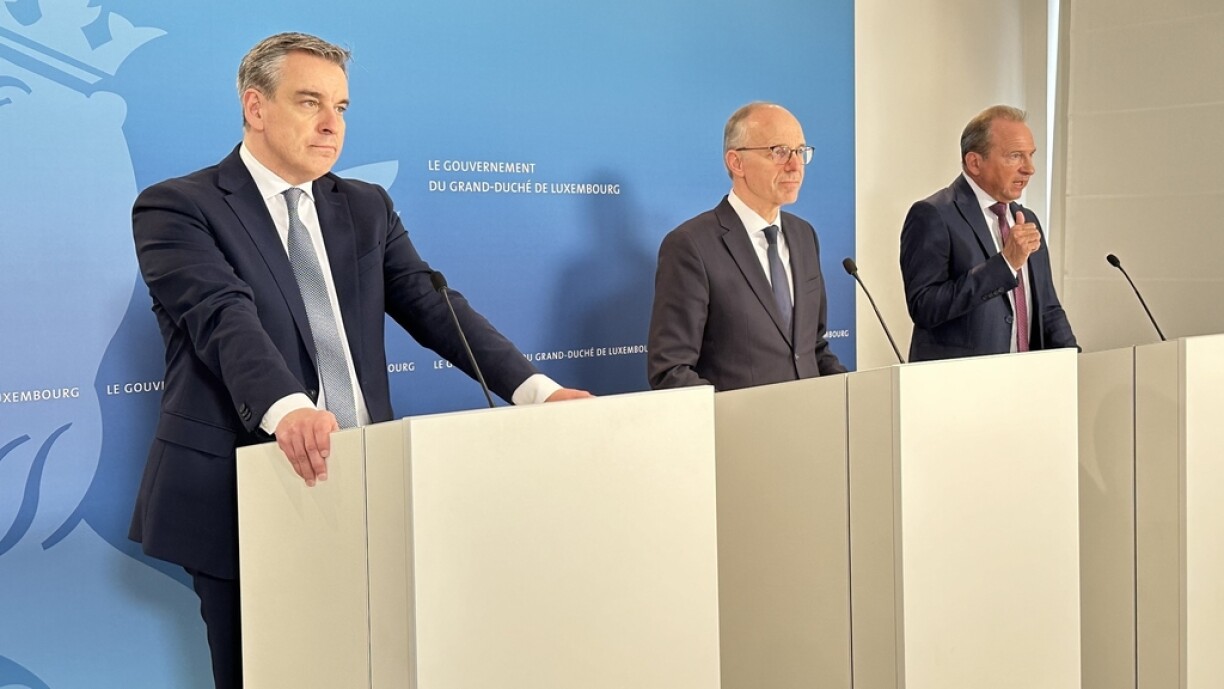
Affordable housing stands as a cornerstone of the government’s objectives, as highlighted by Prime Minister Frieden. The government portrayed the proposed measures as constituting a “balanced approach,” designed to stimulate the construction sector, enhance housing availability, and provide support to individuals seeking to purchase or rent homes.
Frieden emphasised the government’s commitment to fostering “new momentum” in housing construction while “strengthening social cohesion.”
Minister of Finance Gilles Roth outlined tax-related measures intended to bolster the construction industry. Notably, the threshold for notarial deeds related to property transactions, commonly referred to as the “Bëllegen Akt,” will increase from €30,000 to €40,000 for self-occupied flats. Additionally, individuals purchasing flats for rental purposes will now be eligible for a tax credit of €20,000.
In 2024, reduced tax rates on added property value will be implemented, providing relief for sellers. While this measure is temporary, other initiatives, such as reduced taxes for transferring flats to social rental management and housing bonuses for individuals embarking on their careers, will extend beyond 2024. The tax on added value will decrease to 10% in 2024, reverting to 20% starting 1 January 2025.
Minister of Housing Claude Meisch elaborated on additional subsidies, including upward adjustments to rent subsidies and state guarantees. Furthermore, expanded eligibility criteria will enable more individuals to access certain benefits.
The government’s housing initiative includes the reintroduction of accelerated depreciation, set at 6% over six years, exclusively for new constructions and capped at €250,000. Furthermore, no tax on added value will be levied when selling flats designated for social rental management. The same applies to homes classified as energy class 1A+.
Over the next three years, the state plans to acquire 800 homes from the private market, ready for immediate occupancy, to be rented out at affordable rates, requiring an investment of €480 million. Nearly €1 billion is earmarked over the next two years to realise publicly affordable housing projects.
In tandem with these measures, the government remains committed to convening a national housing conference, scheduled for 22 February at Senningen Castle. This conference will bring together stakeholders from the state, municipalities, and the construction sector to address long-term projects, including administrative streamlining and procedural enhancements. Further measures are anticipated to be announced by summer.
Structural reforms announced on Wednesday include a one-third increase in the current upper limits for tax-deductible debt interest. This adjustment allows individuals to deduct €4,000 of debt interest annually for the first five years of homeownership, up from the previous limit of €3,000.
In addition, homeowners who opt to place their properties under social rental management will enjoy a 90% tax exemption on rental income. The sale of properties to public property developers, such as the National Society of Affordable Housing (SNHBM) and the Housing Fund, is also exempt from taxation.